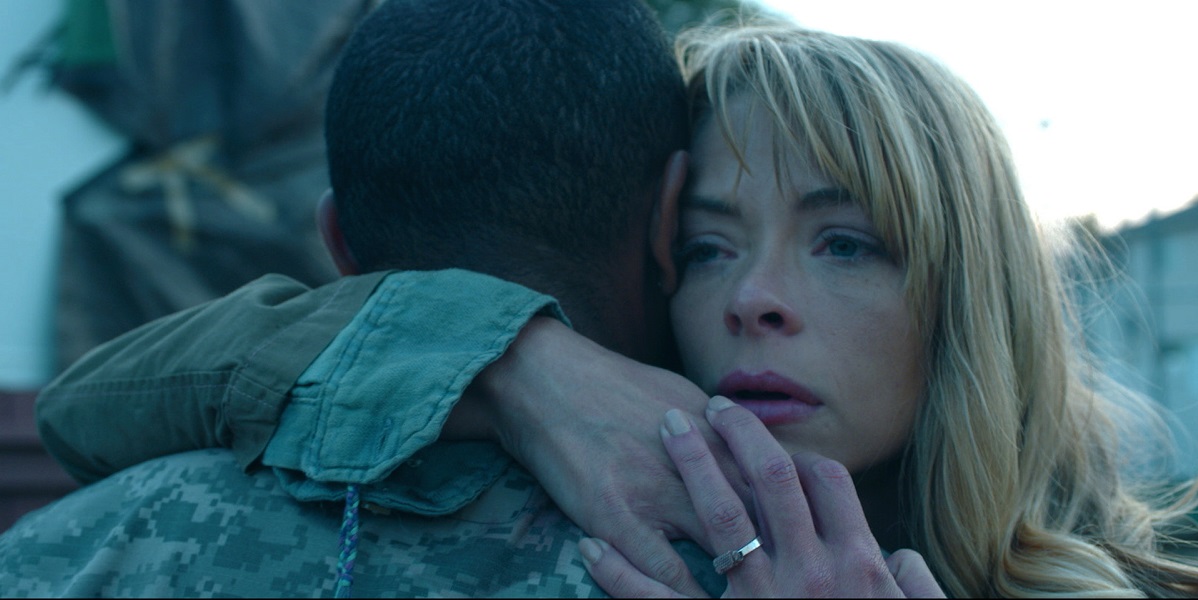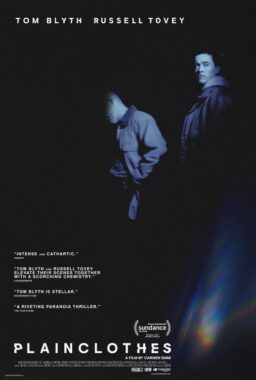No one loves zombie movies and culture more than I do. I’ll talk your ear off about why “Dawn of the Dead” is one of the best films of all time—zombie or otherwise—and I’m always eager to experience new riffs on the concept of neighbors who crave human flesh. So it makes me sad to say that the genre clearly needs to take some time off. It’s been glutted with too much inferior product, and so even the good stuff seems to have trouble finding an audience. It also feels like it’s been too long since someone had a fresh take on the material (“Train to Busan,” maybe?) Nothing is less terrifying than over-familiarity, and that’s only one of the many problems with Netflix’s “Black Summer” (premiering on April 11), a bleak, dull affair that mistakes camera movement for narrative energy and has about as much life as the walking dead.
Speaking of that AMC hit, this is to The CW’s “Z Nation” as “Fear the Walking Dead” is to “The Walking Dead.” It doesn’t have the same characters but comes from the same creative team, and the title—“Black Summer”—was reportedly mentioned in “Z Nation” as the time the world became Hell on Earth (although that show had a goofy tone that this one totally discards). This is a prequel to the days shortly after the collapse of society, as families are torn apart and brains are eaten. The first few episodes are basically a road movie as groups of people fight for survival and supplies, while looking for some place they can call safe. It starts with Rose (Jaime King), a woman separated from her daughter and trying to get her back, but it jumps around to other characters, often having them intersect and then come apart again, following the various threads in chapters.

Blame Alfonso Cuaron for a generation of young filmmakers and TV creators who are simply in love with unbroken shots. As if they watched the landmark car scene in “Children of Men” before every day of shooting, “Black Summer” is full of tracking shots that follow characters through chaos, like the camera crew is fleeing zombies themselves and the director is too terrified to yell cut. While that may sound fun, it gets deadly repetitive and monotonous. And it doesn’t raise tension like the creators likely hoped it would because it calls attention to itself instead of allowing us to feel the anxiety of its characters.
To say there’s no time for character development in the chaos would be an understatement. While “The Walking Dead” got way too talky over the years, this is the other extreme. Other than Rose, and maybe one or two others, the characters start to completely blur together, just a bunch of red shirts running for safety. Again, this kind of chaos falls flat as storytelling because we just don’t have a reason to care. We have seen so many zombie films and TV shows in just the last decade that seeing the jugular of an uninteresting character ripped out by teeth doesn’t have the visceral thrill it once did. We need something to hold onto besides “RUN!” Although that’s about what I want to do when I hear there’s a new zombie show for review, which is something that this Romero fan never thought he’d feel. I just wish someone could come along and resurrect one of my favorite subgenres. Although they’ll have to let it die first.
Three episodes screened for review.












